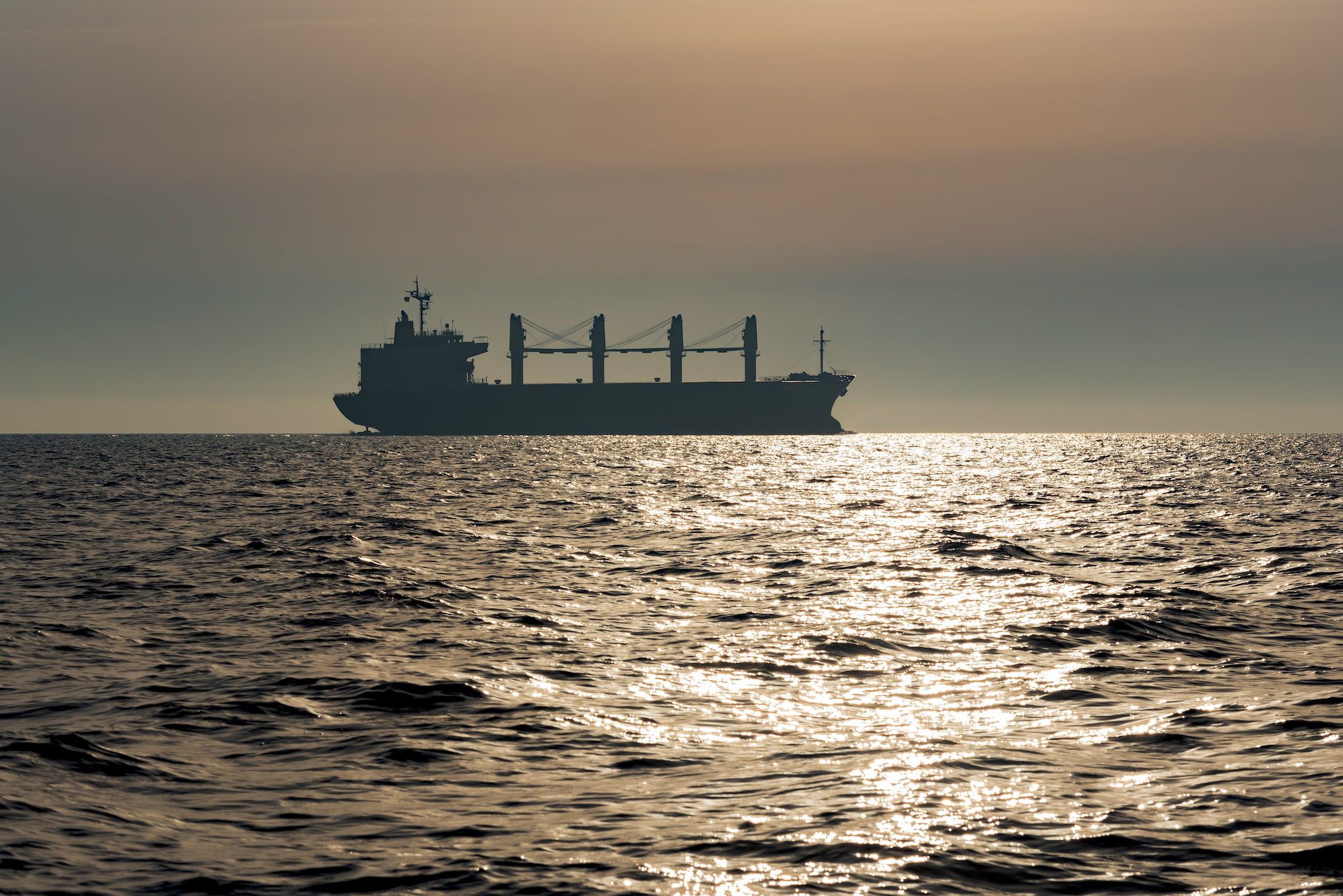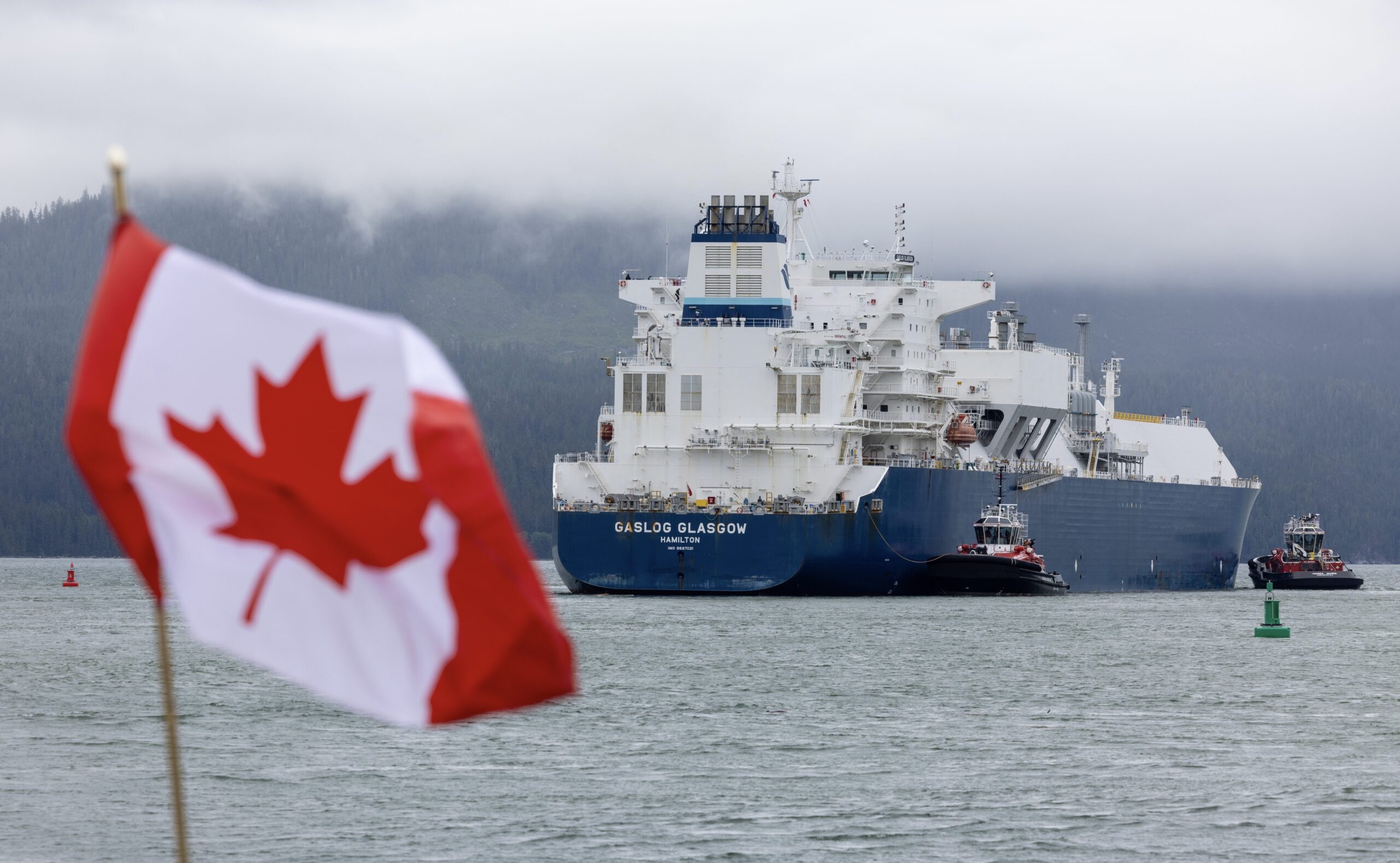File photo: REUTERS/Tim Chong
 By Jonathan Saul
By Jonathan Saul
LONDON (Reuters) – Iran is slowly winding down stocks of oil stored on tankers close to its shores and the process is likely to take longer than Tehran had wanted, despite the lifting of international sanctions this month.
The pace of sales taken from floating storage highlights the difficulties Iran is facing amid a global oil glut and other challenges such as the certification of its fleet.
Iran parked over 40 million barrels of crude and condensate, a very light grade of crude, on 20 to 25 ships after Western sanctions were imposed over its nuclear program. The sanctions stopped most countries from buying Iranian oil in recent years.
Most of the ships storing oil are run by Iranian tanker operator NITC.
Reuters tanker tracking data on Thursday showed NITC vessel Sinopa – capable of carrying a maximum of 1 million barrels of oil – left Iranian waters for the Chinese port of Dalian. The larger Serena, able to carry up to 2 million barrels of oil, left for South Korea around Jan. 15.
A tanker tracking source confirmed the Sinopa had left and was likely to be carrying condensate, adding that it was unclear if Serena was carrying crude.
“Sinopa was anchored near (the Iranian port of) Assaluyeh for over a month,” the source said. “Serena was stationary for over a year.”
A nuclear deal between world powers and Iran led to this month’s removal of international curbs on Tehran’s banking, insurance and shipping sectors as well as oil exports.
Since then, Iran has ordered a 500,000 barrel per day (bpd) increase in oil output, of which 200,000 bpd will go to Europe.
Yet sales of Iran’s stocks may be hampered because many of its tankers need refurbishments after being unable to obtain international safety and environmental certification standards — vital for obtaining port access and insurance.
Foreign providers pulled out in 2012 when tougher shipping sanctions were imposed on Iran.
“The NITC fleet … has largely been idle since 2011 as a result of sanctions,” Wells Fargo senior analyst Michael Webber said.
“There are significant maintenance/vetting questions surrounding the vessels, and we’d expect their return to service to be somewhat gradual.”
Iran’s oil exports have fallen to just over 1 million bpd, from a peak of more than 3 million bpd in 2011 before the imposition of sanctions.
Major oil firms and trade houses are gradually resuming trading with Iran but efforts remain very cautious and often face huge legal obstacles, so progress is slow.
Leading shipping players say Iran’s efforts to start exporting oil to Europe are being held up as foreign tanker owners are still struggling to secure insurance for cargoes from ship insurers, called P&I clubs.
“Until the uncertainties around items such as P&I insurance are resolved, NITC will try to use their own tonnage to move their additional crude to markets,” said U.S. headquartered brokerage Poten & Partners.
“It does not help that the world is awash in crude.” (editing by Susan Thomas and Katharine Houreld)
(c) Copyright Thomson Reuters 2016.

 Join The Club
Join The Club











